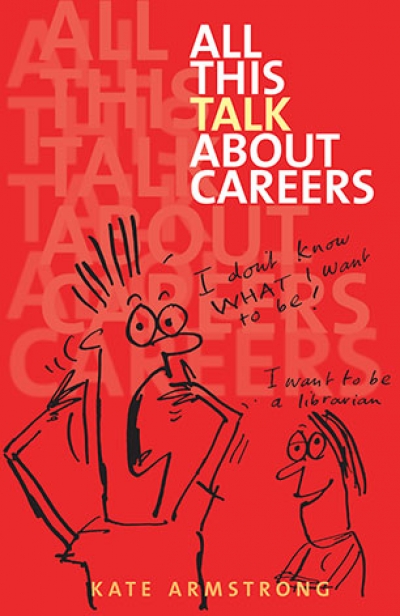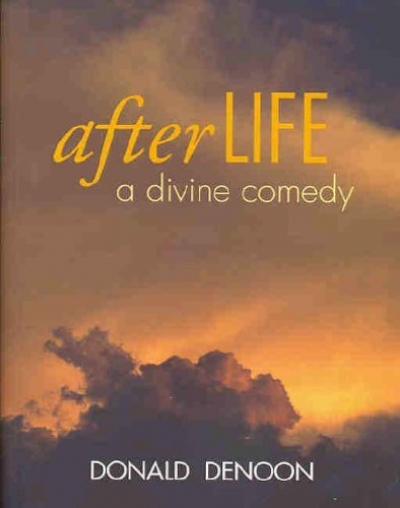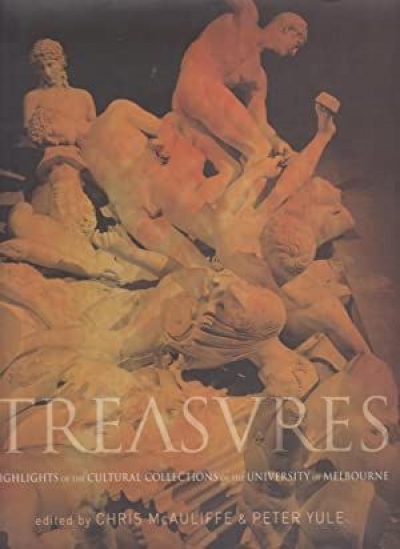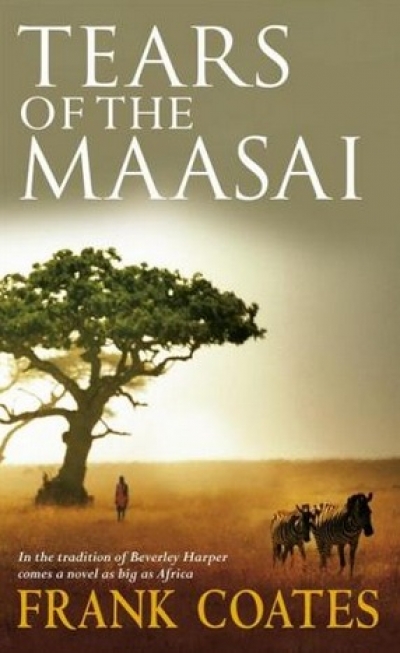Archive
All This Talk About Careers by Kate Armstrong & Surviving Year 12 by Michael Carr-Gregg
At times like these, we would be churlish to forget how much we have to thank Americans for. Apart from anything else, they have enriched the language with the enviable expressions and patentable phrases that other English speakers, even when they are irritated, still imitate. American English is usually empowered by both oral and moral certitude, even more so in wartime. ‘History,’ says President George W. Bush portentously, ‘has called us into action.’ ‘The good guys are us,’ General Tommy Franks memorably declares just before the invasion of Iraq, warning President Bush: ‘We’re going to be suboptimised.’ Donald Rumsfeld says his bombers aren’t running out of targets, Afghanistan is. He doesn’t want diplomacy to divert the US from the coming war, so his plan is ‘to dribble this out slowly’. Vice-President Cheney assures the Saudi Ambassador, Prince Bandar: ‘Once we start, Saddam is toast.’ Then, as the troops go in, ‘Just keep praying’, Condoleeza Rice urges her colleagues. ‘Mission accomplished’, the banner reads on 1 May 2003, on board the Abraham Lincoln. ‘Ladies and gentlemen, we got ’im,’ Paul Bremer hubristically tells the press after the capture of Saddam Hussein. But what CIA Director George Tenet calls ‘the price of being wrong’ is rising.
... (read more)In Australia, Edwardian architecture has a permanent presence in our consciousness, for it has survived here better than elsewhere. It is a constant reminder of the luxurious elegance of those years, and so it comes as no surprise that such a novel exhibition has been conceived. The first survey exhibition on Edwardian art, at the National Gallery of Australia, curated by Anna Gray, is a revelation. She has chosen a remarkable selection of works, from Australian and international collections.
From room to room, formidable and flamboyant artists from the years of Edward VII’s reign, from 1901 to 1910, engage in lively debates with one another, their subjects and their collectors. Unlike survey shows which have mini monographs of a succession of individual artists, The Edwardians demonstrates the complex interrelationships between artists by a series of thoughtful juxtapositions, of paintings, small bronze sculptures, clothes (whether Roger Fry’s pyjamas or Dame Nellie Melba’s Wagnerian cloak) and cinematic extracts from early newsreels, all in dialogue with one another. The dialogue is subtle, constant and refined. It occurs between different countries, but principally between Australia and England, as artists question whether they are British or Australian, depending on their parentage, identity and location. The portraits by Tom Roberts done in England look very different, indeed Edwardian, from those he produced during his Australian years. Ann Galbally’s contribution to the catalogue is a subtle exploration of ‘expatriatism’ in art.
... (read more)Never mind the students
Dear editor,
Andrew Norton (ABR, May 2004) is right to argue that the legislation governing the Nelson market in Australian universities gives the government too much power. The education minister refused to guarantee academic liberty, imposed a one-size-fits-all template for the structure of the university councils, and can now dictate the mix of courses that are taught. The research funding system, which forces universities to focus on work with direct commercial potential at the expense of free enquiry, is another and more damaging instance of overregulation.
But Norton is wrong to argue that the new funding and fee system, which creates full-fee places for up to thirty-five per cent of undergraduate students, and kick-starts this market with low-cost government-underwritten student loans (FEE-HELP), is ‘a long way from being a functioning market system’ of the kind that he (Norton) wants. Norton focuses on the fact that a shadow of the HECS has survived Nelson, and that there are still caps on the cost of HECS charges, but deftly ignores the full-fee market that is the transformative clement in Nelson. And Norton is absurdly wrong to state that the government’s Thatcher-style centralised market reform ‘resembles old-fashioned socialist planning’. Really? Polemic has got the better of him. Dumbing down the debate is in no one’s interests.
... (read more)






